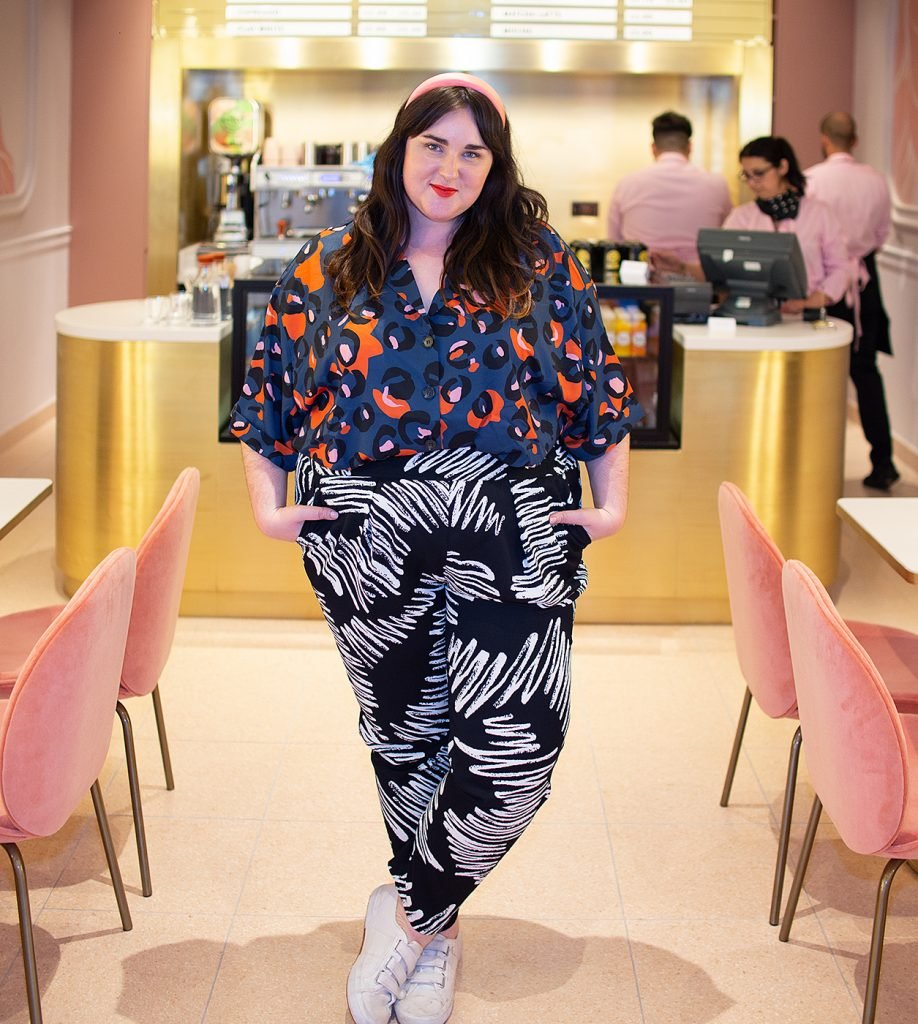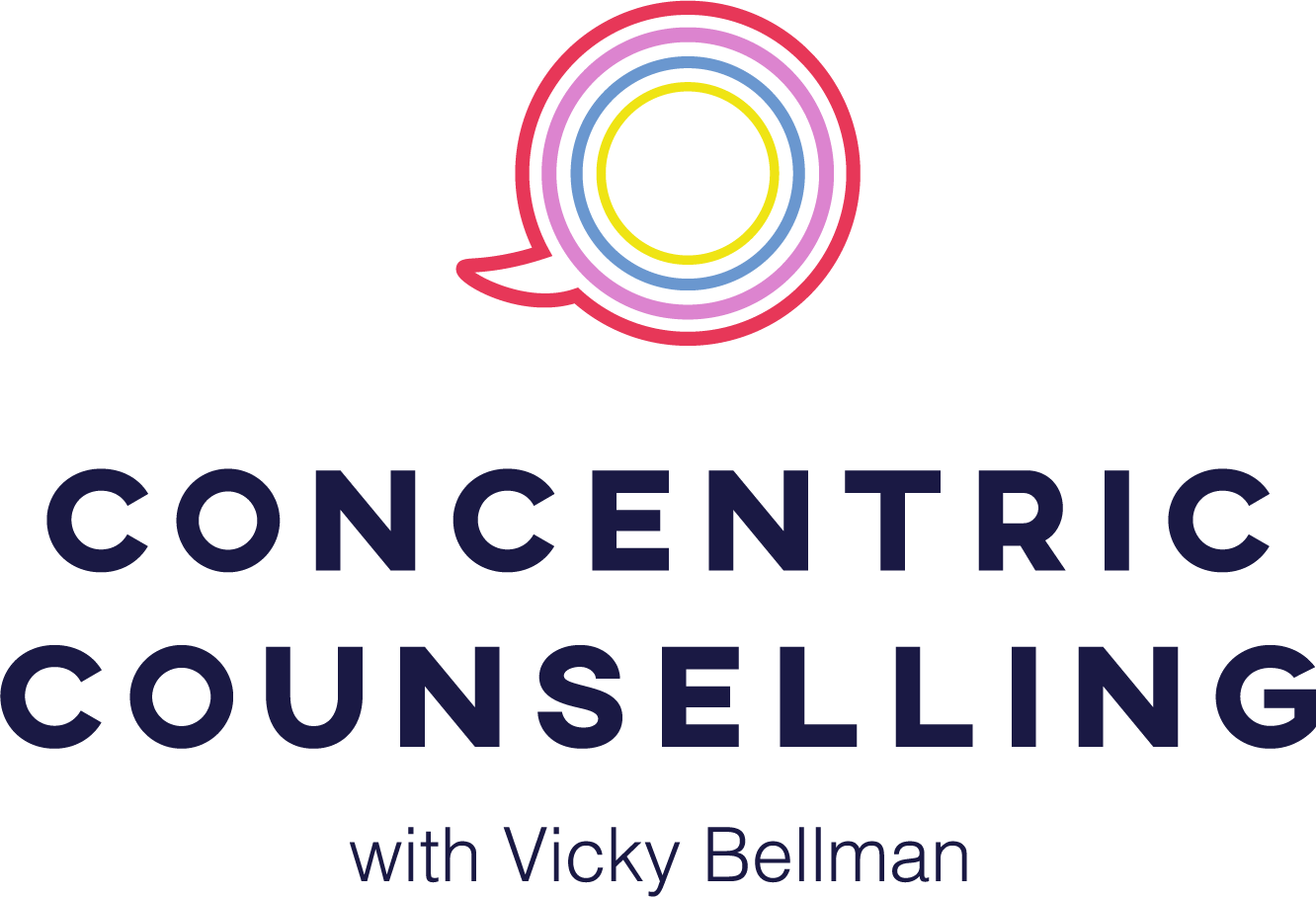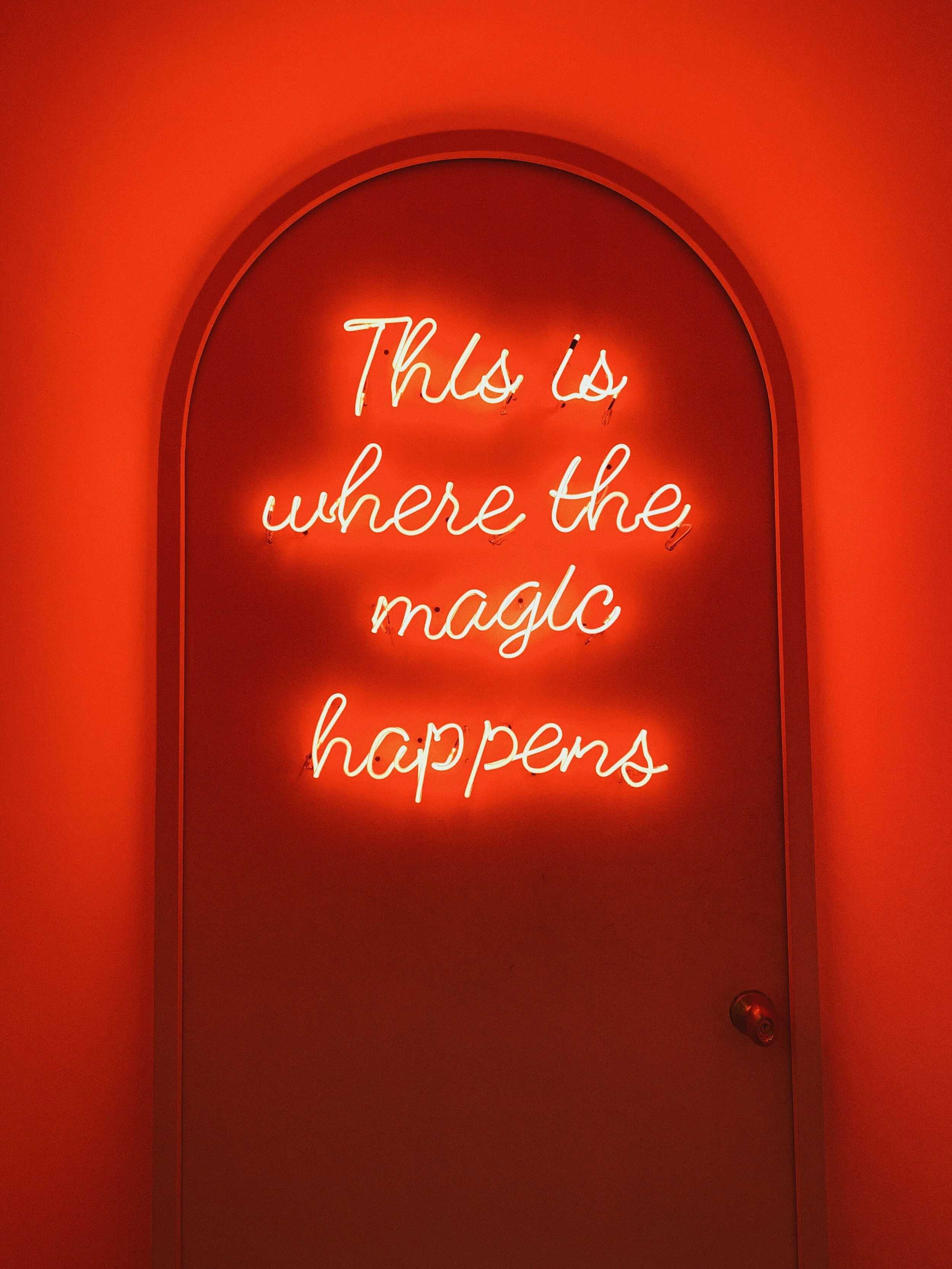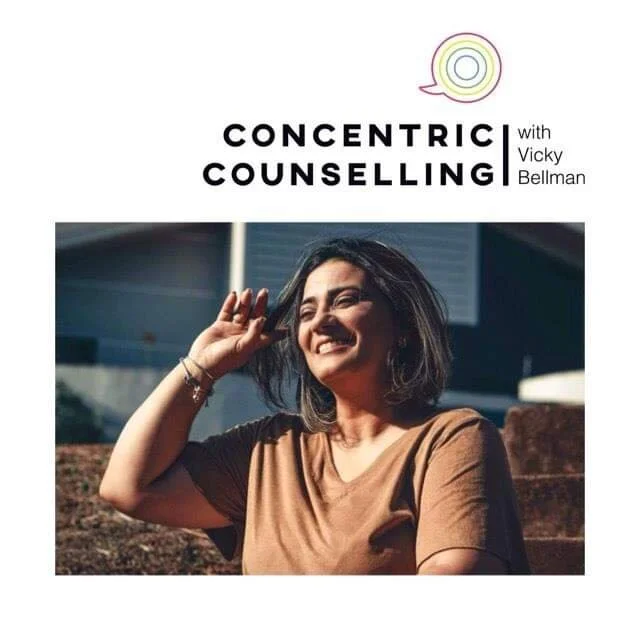For those of you who follow me on Instagram or subscribe to my mailing list you will know that I have been building towards a space for therapists to come together and connect. I’m so happy today to be able to outline this a little more, and introduce this idea to you.
Read More
Journal
welcome to the concentric journal

When people come to Concentric Counselling with a history of bingeing, they are often surprised that one of the first things I ask them is how often they restrict their food intake. To them, they are coming because the issue is bingeing. But what continues to reveal itself in the therapy room is that for many people that struggle with bingeing these episodes punctuate long periods of restriction.
Let me share with you some more details of the exciting model that I’ve been developing. Called Body Collaboration, it has emerged from my practice over the last ten years, a compassionate response to clients sharing a persistent issue - ‘I’m trying to hate myself into being ok with myself’. Body Collaboration is a pushback to a kyriarchal culture that teaches us to admonish ourselves rather than accept ourselves. It’s a radical practice of gathering in the most abandoned parts of ourselves, and offering them healing. And it’s a lovesong to what I think is the most powerful thing on Earth – partnership, collaboration, working together for the good of the all.
I often meet clients when they're in a particular spot... they’ve turned their back on intentional weight loss, knowing that going back into that way of life will only cause harm and open them up to risk. At the same time, they don't know how to transition into a space of body acceptance, knowing that there will also be loss in that decision.
In my corner of the world, we talk a lot about anti-fat bias or fatphobia and, more broadly, how it is to live in a body that is marginalised by dominant culture – through race, gender and sex, body size or shape, or disability.
Sometimes our conversations about anti-fat bias can take on a very theoretical and abstract form – as a systemic issue, of course we often look at it through a wide-angle lens. More recently, though, I’ve been thinking more and more of the individual impact of anti-fat bias – what it really means to live in a fatphobic culture.
Overwhelm and burnout don’t just happen in Covid times – these are themes I’ve been working for since the very beginning of my counselling career. It’s when our nervous system becomes overloaded, and we really struggle to regulate ourselves; feeling either anxious and agitated, or zoned out and flat.
For those of you who follow me on Instagram or subscribe to my mailing list you will know that I have been building towards a space for therapists to come together and connect. I’m so happy today to be able to outline this a little more, and introduce this idea to you.
We're in an ebb season, collectively, I think. And we're not encouraged to think about this at all. The effects of the pandemic, here in the UK, have been upon us for eleven months. And what’s been so surprising is how little accommodation we will often make for this. We’re living in a global tragedy – a collective trauma. Life has, necessarily, had to recede. We have had to lean hard on our internal resources – our patience, our hope, our tenacity. Understandably, we’re feeling a little depleted.
The relentless treadmill of diet resolutions is about to crank itself up again, at the start of the new year. After all the festive food adverts, Boxing Day onwards will see the focus shift instead to weight loss programmes, diet foods and new ‘healthy eating’ cookbooks, sold to you by slim people. It is a predictable, exhausting cycle, which perpetuates unhealthy ‘all or nothing’ thinking, and punishing and unsustainable restriction.
And so begins December, the month where dominant culture tends to deep-slide into a clarion call for ‘indulgence’ before, as regular as clockwork, the adverts and articles that promise ‘new year, new you’. Christmas is an exaggerated example of the pendulum swing that diet culture encourages; ricocheting between too much and not enough – all governed by a deep fear that we ourselves are not enough.









